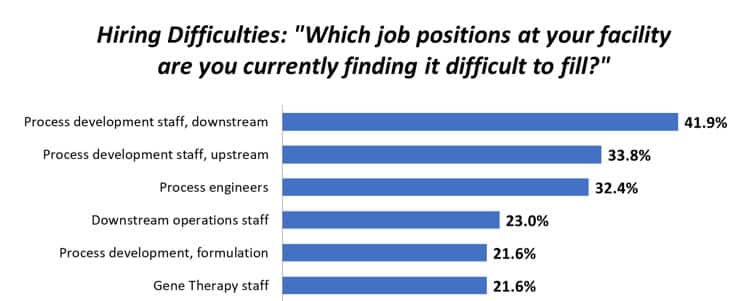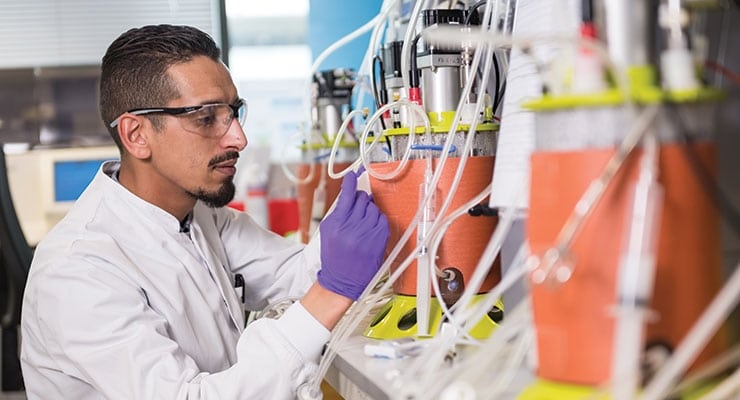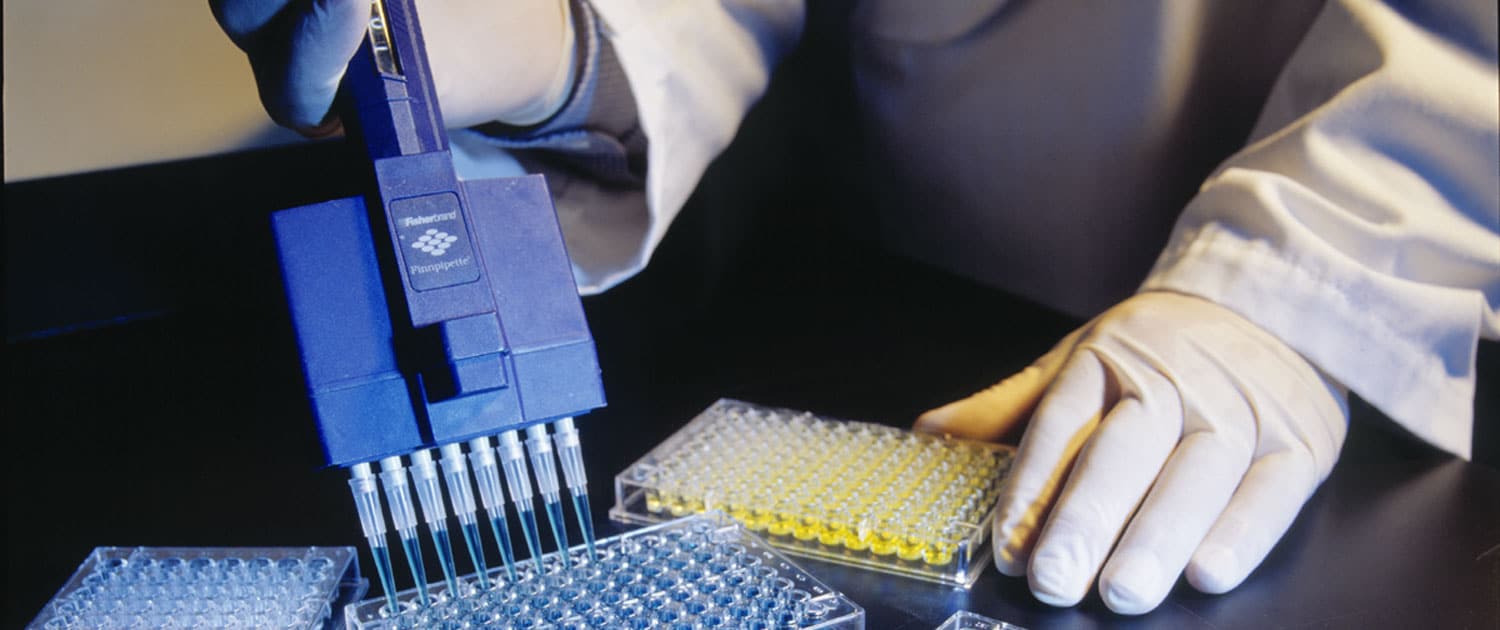Two of the presentations at the 2021 European Biotech Start-up Symposium last month centered on geographical areas focused on R&D and biotechnology. Ned Wakeman presented on the Alderly Park in the UK, and Julia Schaft discussed the life science cluster of the Rhine-Neckar region of Germany.
Per Wakeman, as a result of a closure of pharmaceutical companies in the UK, oncology research and development activity has been greatly reduced. In addition, expertise and talent have been fragmented as large companies have closed and employees have dispersed.
Alderly Park, near Manchester, with the relocation of AstraZeneca’s main R&D site, has resulted in a concentration of scientists with oncology R&D expertise, leading to the establishment of new startups and membership in existing academic research groups. This has boosted the oncology research community in the Manchester area and become a hub for nurturing life science startup companies (including 86 spinoffs of AstraZeneca). High-quality lab space and support facilities, CROs, and startup creation and development programs are further facilitating the growth of the R&D community in this area.
All of this provides the UK with a unique opportunity to establish new collaboration, capital-efficient shared risk models of drug discovery and development, the creation of new companies, and the ability to bring new medicines and products to market.
In a related presentation, Julia Schaft from BioRN discussed the life science cluster of the Rhine-Neckar region of Germany, surrounding the Heidelberg area. She called the region an “interface between academia and energy,” and explained that within a 100-mile radius of Heidelberg, there are 10 global pharmaceutical companies and 12 universities and research institutions. Over €100 million in public funding has been raised recently, with a research focus on oncology, immunology, and cutting-edge imaging.
“Our mission is to develop the region into a world-leading life science cluster attracting international investments and top global talent,” Schaft said.
BioRN supports the development of the region. The scope of functions for BioRN includes stakeholder alignment and networking, promotion of the life sciences region, cross-organizational training, and translation support.








